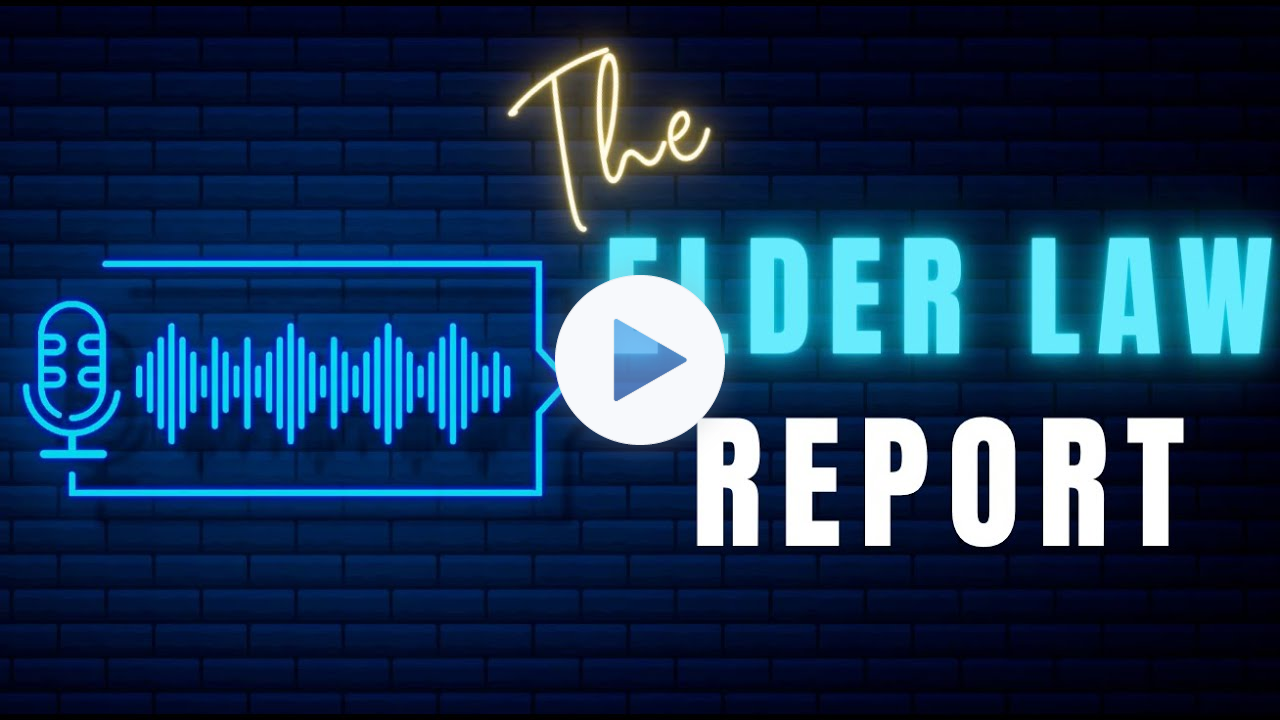Understanding Fiduciaries
Fiduciaries manage your assets and make decisions on your behalf. Key roles include:
Key Traits:
- Trustworthiness
- Reliability
- Capability
Importance of Communication
Ensure your chosen fiduciaries are willing and able to serve. Discuss their roles and
responsibilities openly to avoid future complications.
Backup Plans
Designate backup fiduciaries to ensure continuity if your primary choice is unable to serve.
Choosing Beneficiaries
Consider these factors:
- Fairness and Intent
- Capabilities
- Specific Needs
Flexibility
Regularly update your estate plan to reflect life changes such as marriage, divorce, births, and deaths.
Avoiding Guardianship
Proactively naming fiduciaries helps avoid court-appointent guardians, which can be
unwanted, costly, and time-consuming.
Conclusion
Choosing the right fiduciaries and beneficiaries is crucial. Thoughtful consideration and clear communication can help create an effective estate plan.
For personalized advice, schedule a free consultation with McIntyre Elder Law.
📞 Call us today at 1-888-999-6600 or visit mcelderlaw.com/scheduling.
Best regards,
The McIntyre Elder Law Team
Tune in to the full episode for more insights on securing your business and
estate for the future.
McIntyre Elder Law: Helping Seniors Secure Their Assets & Legacies. Contact us today for personalized estate planning solutions.







